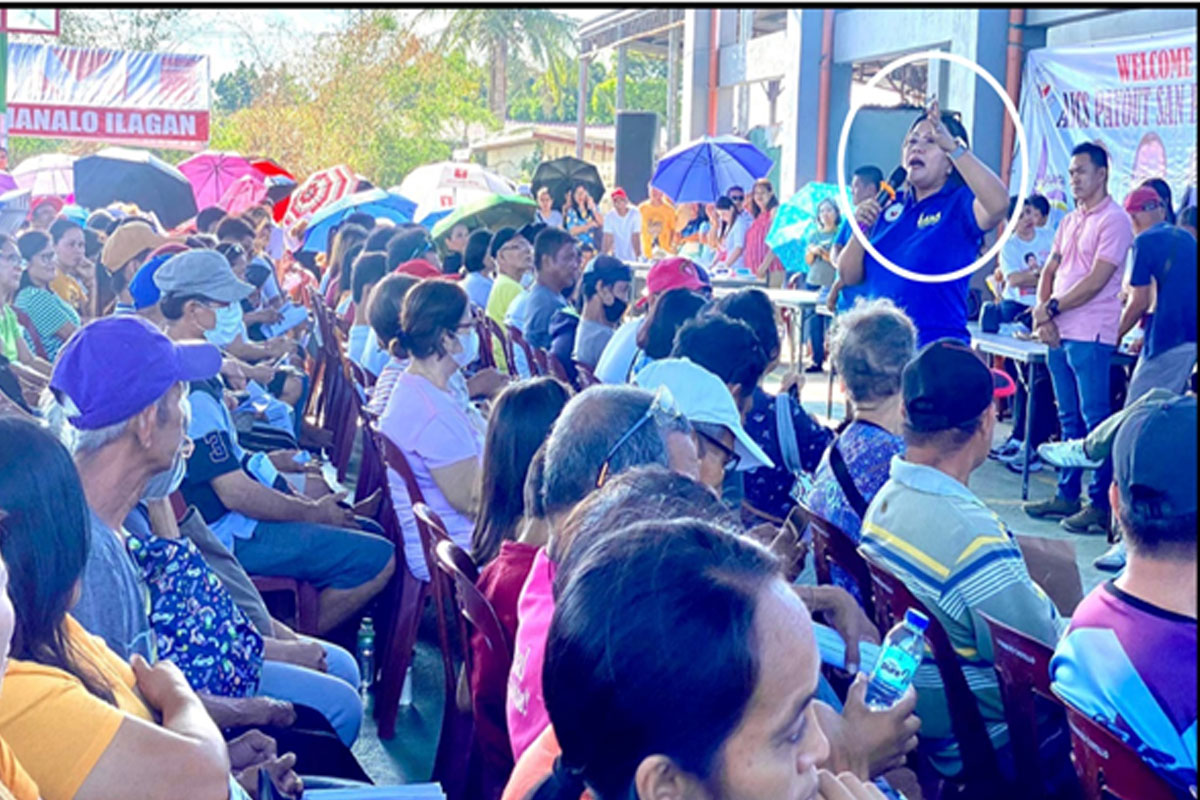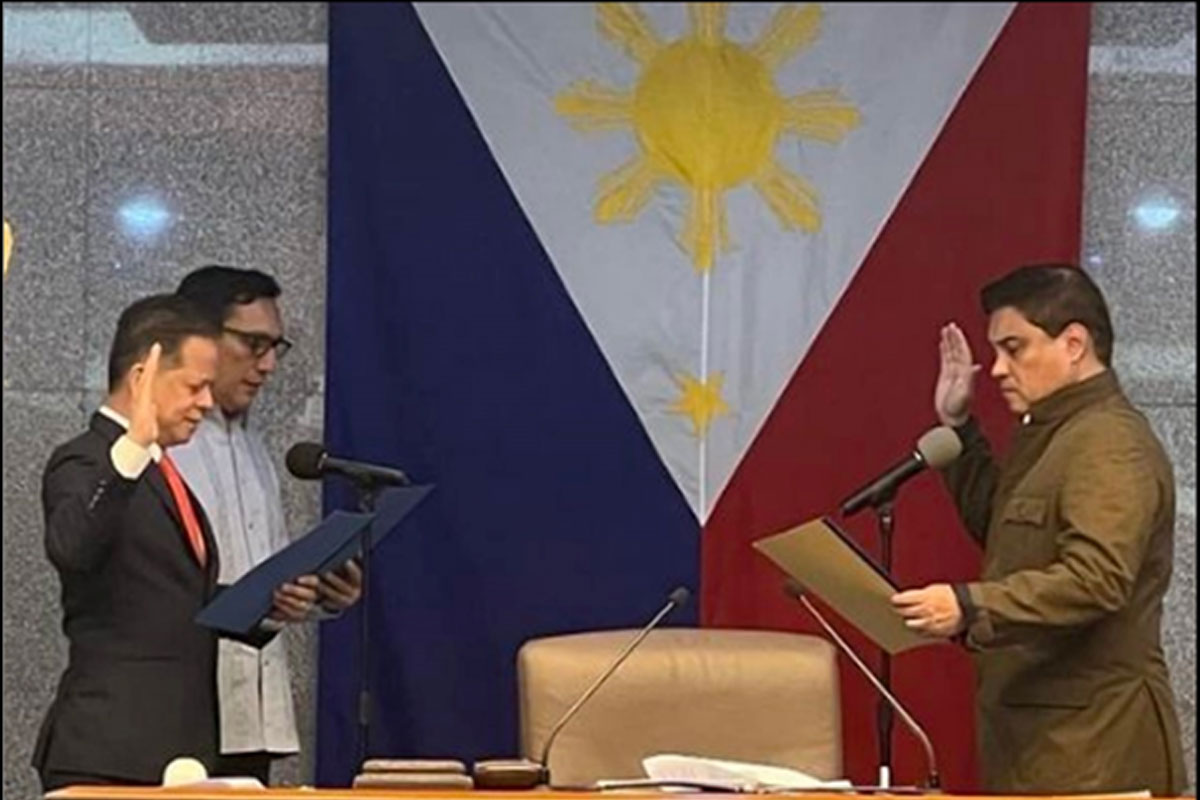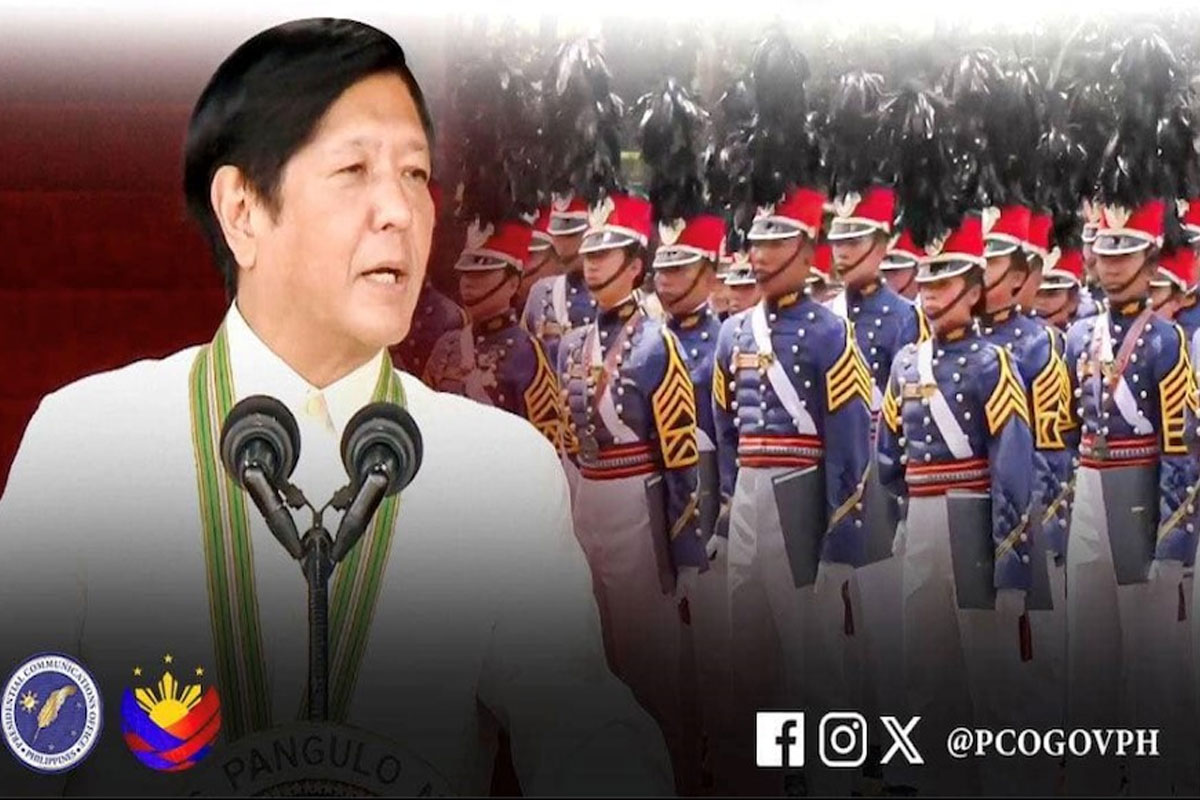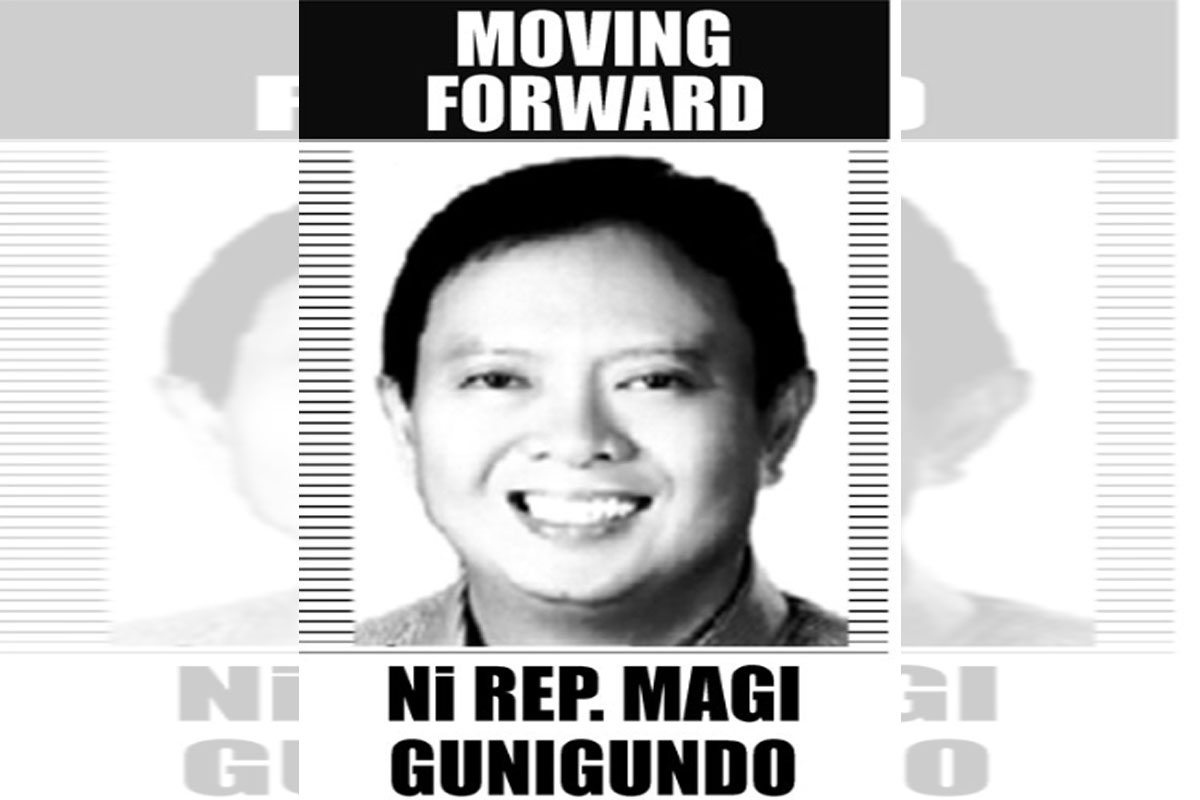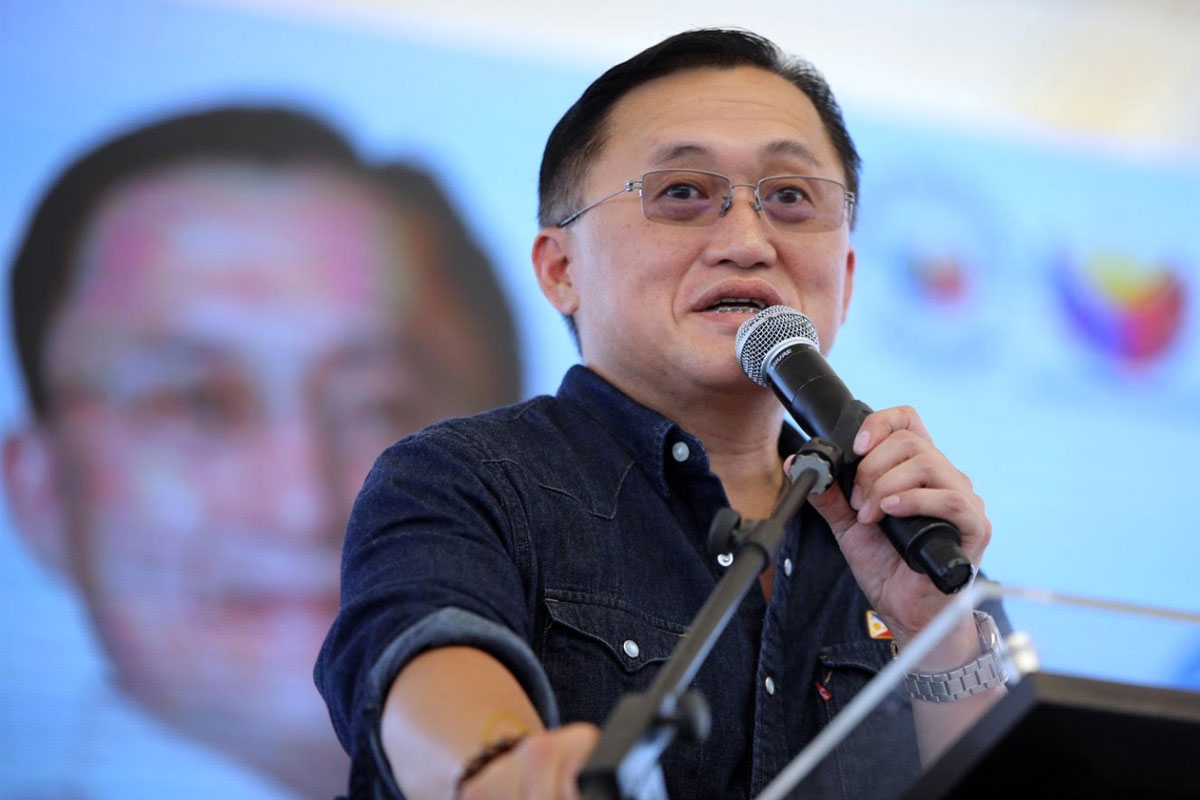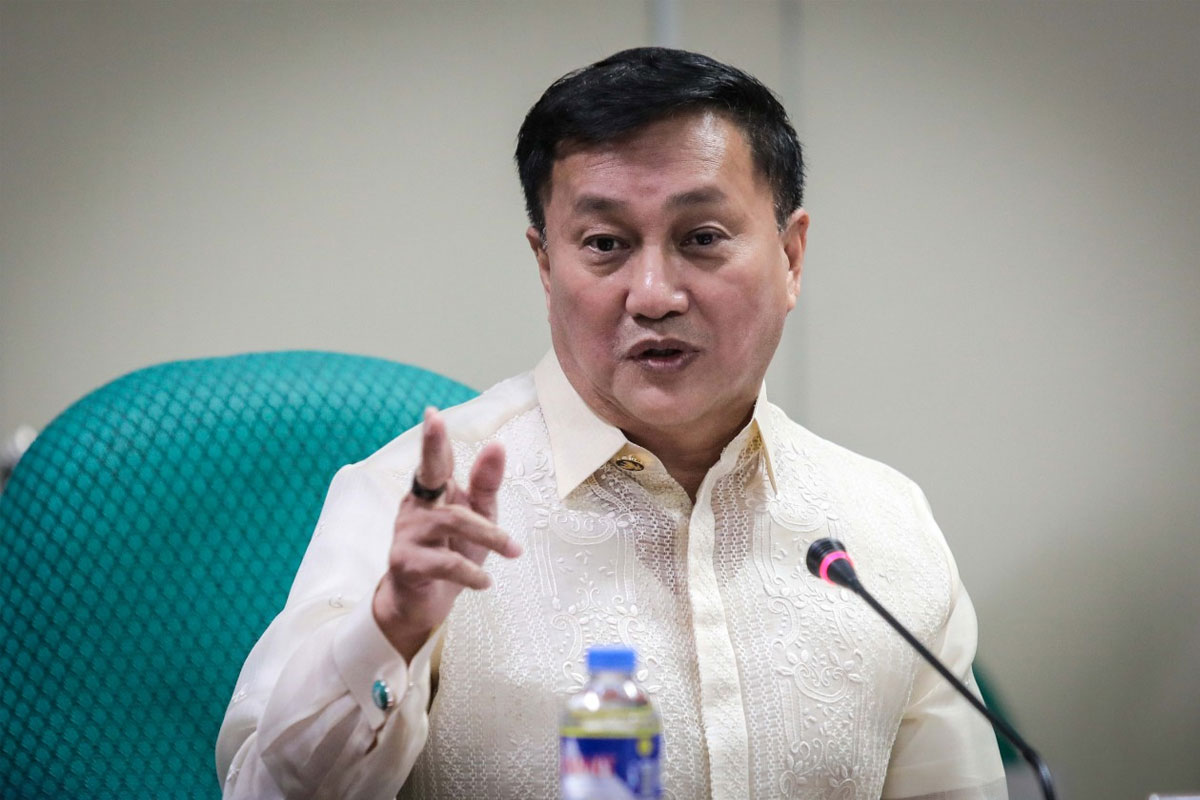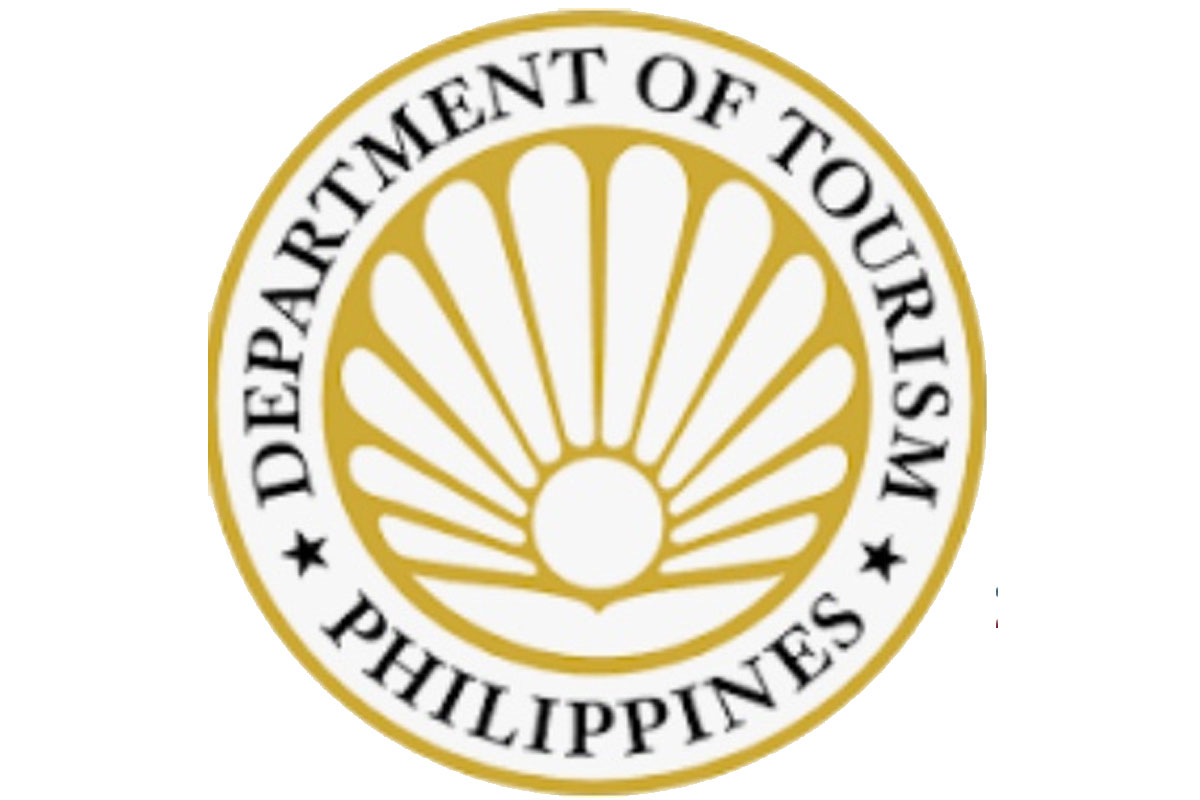
Zambian opposition leader takes office in boost for democracy
AFP, August 24, 2021 — Zambia’s newly-elected leader Hakainde Hichilema takes office on Tuesday after a comprehensive election victory hailed as a rare triumph over authoritarianism and a milestone in African democracy.
Hichilema, 59, will take the oath of office before a crowd that will notably include opposition politicians from regional countries as well as current and former African leaders.
Thousands of people slept inside the Heroes Stadium in the capital Lusaka, where the ceremony will begin later on Tuesday morning, to be sure to have a seat, said an AFP videographer at the scene.
On his sixth bid for the presidency, Hichilema defeated the incumbent Edgar Lungu, 64, by almost one million votes — a landslide spurred by economic hardship and restricted freedoms under the previous regime.
The victory is the 17th opposition win in sub-Saharan Africa since 2015.
It occurred despite restricted campaigning and suspected rigging in favour of Lungu’s party.
Voter turnout on August 12 was nearly 71 percent, and many Zambians queued late into the night to cast their ballots.
“It was an unprecedented underestimation of the will of the people,” Ringisai Chikohomero, a researcher with the Pretoria-based Institute for Security Studies (ISS), told AFP.
Lungu and his rival were neck-and-neck in both 2016 polls and a 2015 snap election.
But the incumbent’s popularity was sapped by unsustainable infrastructure spending that plunged the copper-rich southern African nation of over 18 million inhabitants into debt default.
The local kwacha currency plummeted and inflation rose over 24 percent, rendering basic goods unaffordable in a country where more than half the population lived in poverty before the pandemic.
Hichilema, fondly known as “HH” or “Bally” — an informal term for father — has vowed to clean up the mess and woo back spooked investors.
Tyrants might rig harder
Authoritarian leaders “might learn a couple of lessons from this,” Zambian economist Grieve Chelwa told AFP.
But he warned that the Zambian scenario could also have the “perverse effect” of encouraging African “tyrants” to “rig harder”.
There is consensus among analysts and observers that Lungu tampered with the ballot, citing intimidation tactics and more voters registered in opposition strongholds.
“It was a poor-quality election that was manipulated in a number of ways,” political scientist Nic Cheeseman said.
The results “could easily have been rigged for the ruling party if the margin of victory hadn’t been so big,” he added.
Hichilema had unsuccessfully challenged the 2016 vote which he lost by a thin margin of 100,000 ballots.
Youth and activism
Zambia becomes only the second country in southern Africa in recent years to transfer its presidency to an opposition candidate after Malawi in 2020.
President Emmerson Mnangagwa of neighbouring Zimbabwe has already warned his opponents not to harbour similar ambitions.
But analysts believe change is picking up on a continent with a history of despotic leadership and democratic weakness.
That change is mainly driven by a dominant young generation of voters more connected to the outside world and less tolerant of restricted freedoms, they argue.
Almost a third of the participants in Zambia’s election were aged between 24 and 34.
They capitalised on social media use, engaging with Hichilema and his party online and coining hashtags such as #BallyWillFixIt, despite an opposition blackout by government media.
“Africans are becoming more conscious, active and critical,” said Chikohomero.



